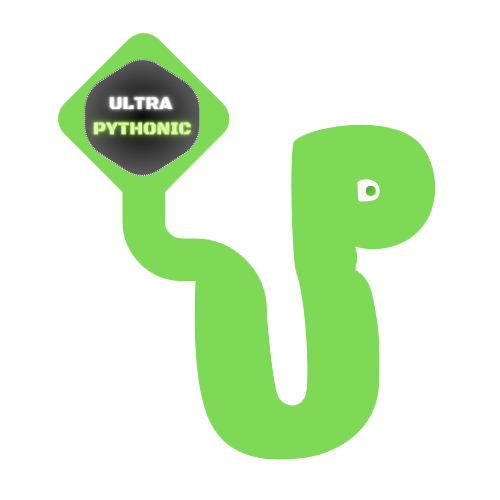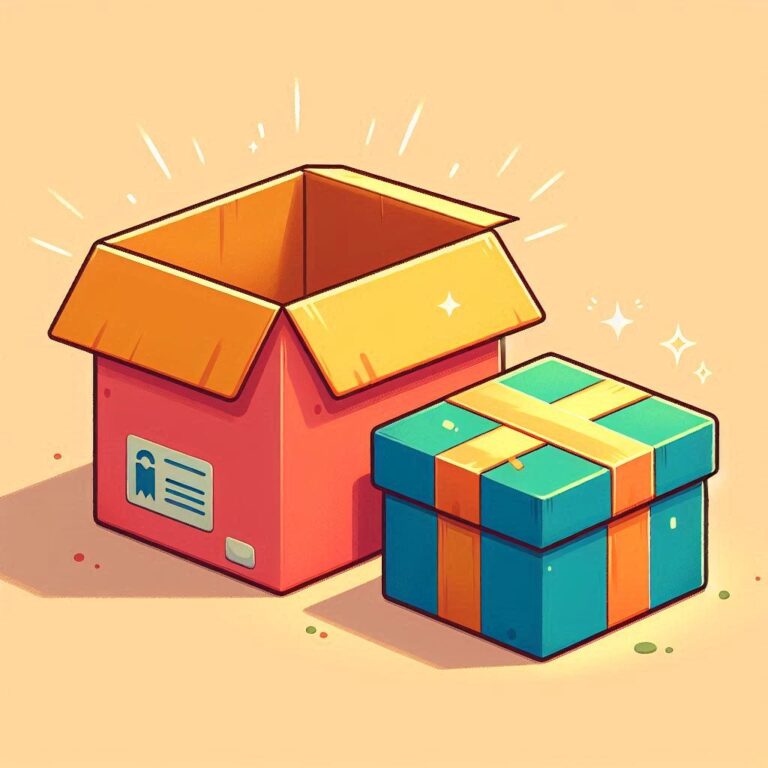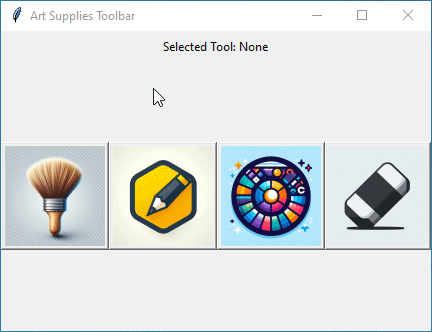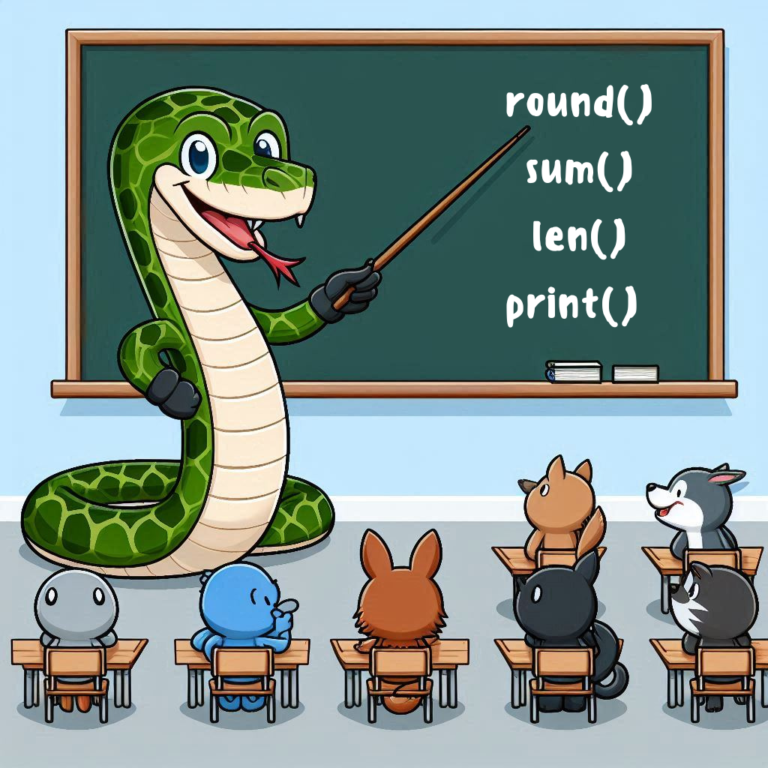Introduction to Flask
Flask is a lightweight and widely used Python web framework that makes building websites straightforward and efficient. This framework is perfect for creating small projects like a personal blog, an online portfolio, or even a small e-commerce store.
To know about other Python web development frameworks, check out this – 7 Python Web Frameworks.
Knowing Flask can make you more competitive in the job market, especially in Python and web development roles. For example, Flask is valuable for jobs in industries like tech startups, where rapid prototyping is important, or in roles that focus on backend development for e-commerce, data dashboards, and API services.
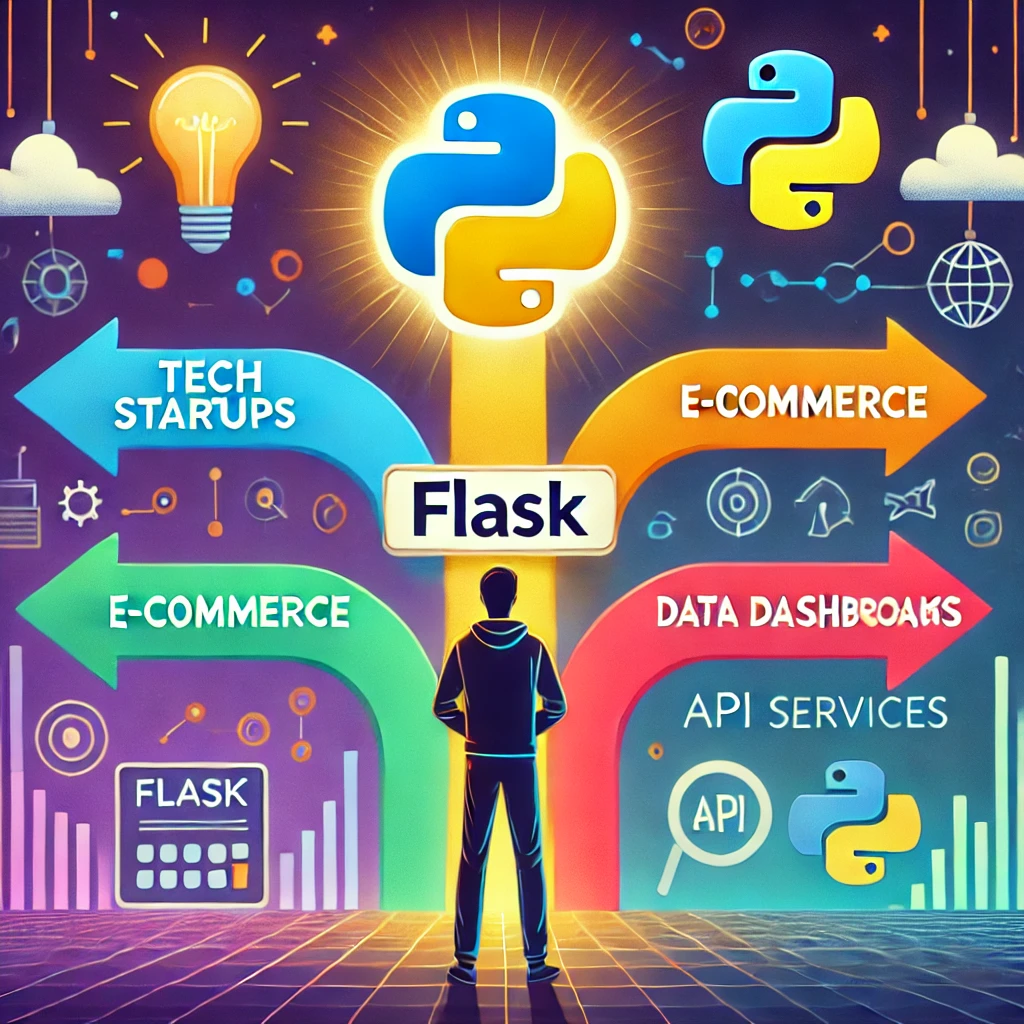
It also deepens your understanding of how websites and web apps work, giving you a solid foundation in backend development.
So, hey there, friends! Welcome to this Flask tutorial series. Here, we believe the best way to learn is by doing. In this series, you’ll discover Flask concepts by building projects step by step.
We’ll teach you Flask by :
- Hands-On Projects: Each lesson focuses on building something useful.
- Step-by-Step Learning: We start simple and move toward advanced topics gradually.
- Real-World Examples: Work on practical tasks to solve real-world problems.
By the end, you’ll have the skills to create your own Flask apps for personal, academic, or professional use.
But, before we start, you might wonder why you should learn Flask for web development.
Let’s explore that first!
Why Choose Flask?
Flask focuses on giving you control and doesn’t force unnecessary features or tools on you. Instead, it provides the basics and lets you add what you need as your project grows.
Here’s what makes Flask so popular:
- Simple to Learn: Flask keeps things uncomplicated, which makes it great for beginners and easy to pick up.
- Customizable and Flexible: You can tailor Flask to suit your project’s needs.
- Strong Community Support: Flask’s active community ensures plenty of tutorials, forums, and plugins to help you.
- Extensions for Everything: Add tools like databases or authentication without hassle.
- Ideal for Prototypes: Flask’s simplicity lets you quickly test and build new ideas.
